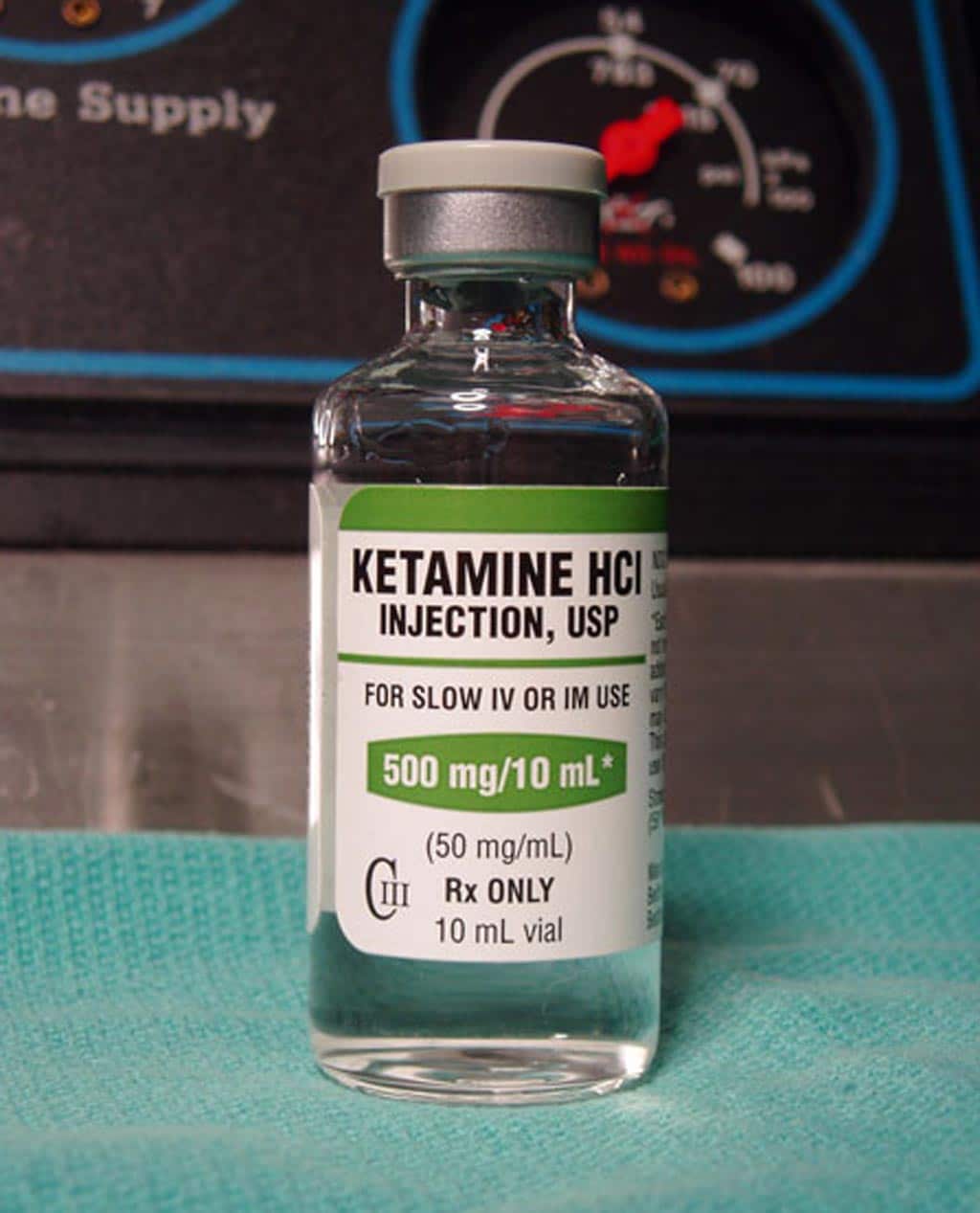Description
Buy Ketamine | Buy Ketamine For Anxiety | What is Ketamine Drug
Ketamine is a medication mainly used for starting and maintaining anesthesia. It induces a trance-like state while providing pain relief, sedation, and memory loss. Other uses include sedation in intensive care and treatment of pain and depression.
What is Ketamine?
Ketamine (brand name: Ketalar) is a dissociative injected anesthetic (blocks sensory perception) that has been available by prescription in the U.S. since the 1970s for human and veterinary uses. Esketamine (Spravato), the S-enantiomer of racemic ketamine, was approved in 2019 for treatment-resistant depression and is approved for use in depressed patients with acute suicidal ideation or behavior. Ketaset is the brand name of a surgical anesthesia used by veterinarians.
Dissociative drugs can lead to distortion of sights, colors, sounds, self, and one’s environment. Ketamine is available in a clear liquid or off-white powder form for intravenous injection or as a nasal spray. Examples of other dissociative drugs include phencyclidine (PCP) and dextromethorphan (DXM).
Ketamine Side Effects | Ketamines Drug
Abuse of ketamine can be linked with short-term and long-term problems:
- Short-term: Problems with attention, learning, and memory; dreamlike states, hallucinations; sedation; confusion; loss of memory; raised blood pressure; unconsciousness; dangerously slowed breathing.
- Long-term: Ulcers and pain in the bladder; kidney problems; stomach pain; depression; poor memory.
The most common side effects associated with ketamine when used medically are nausea, vomiting, dizziness, diplopia (double vision), drowsiness, dysphoria (unease, restlessness), and confusion. There is also the risk of HIV, hepatitis, and other infectious diseases from shared needles.
Ketamine use can be fatal in people who are alcoholics or acutely intoxicated with alcohol. There are animal reports of an increased risk of toxicity when ketamine for anxiety is combined with caffeine. Theoretically, this may be a concern in people who have consumed energy drinks, often done at nightclubs where ketamine for anxiety may be abused.
The intensity of side effects are related to the dose of the drug consumed. Reported side effects may include:
| Low-to-moderate doses | Higher doses | |
| Cardiovascular | Chest pain, elevated or depressed heart rate, high blood pressure, low blood pressure (rare). | Chest pain, dangerous changes in blood pressure, heart rate. |
| Central Nervous System (CNS) | Agitation, alterations in sight, sound, shapes, time, and body image, confusion, detached feelings, dizziness, drowsiness, flashbacks, hallucinations, lethargy, loss of coordination, numbness, sedation. | Amnesia (memory loss), coma, delirium, elevated body temperature, fear, hallucinations or terrors (k-hole effect), panic, seizures, violent behavior. |
| Gastrointestinal | Nausea and vomiting. | Nausea and vomiting. |
| Renal | Kidney toxicity (with chronic abuse). | Kidney toxicity (with chronic abuse). |
| Respiratory | Increase in breathing rate. | Respiratory depression (with rapid, high doses and if combined with alcohol or other CNS depressants). |
| Other | Salivation (IV use), spasm of the larynx (rare). | Severe anxiety, fear, panic, anxiety, exaggerated strength, and aggression, muscle rigidity, respiratory depression, death from overdose, especially if combined with alcohol, other CNS depressants). |




Reviews
There are no reviews yet.